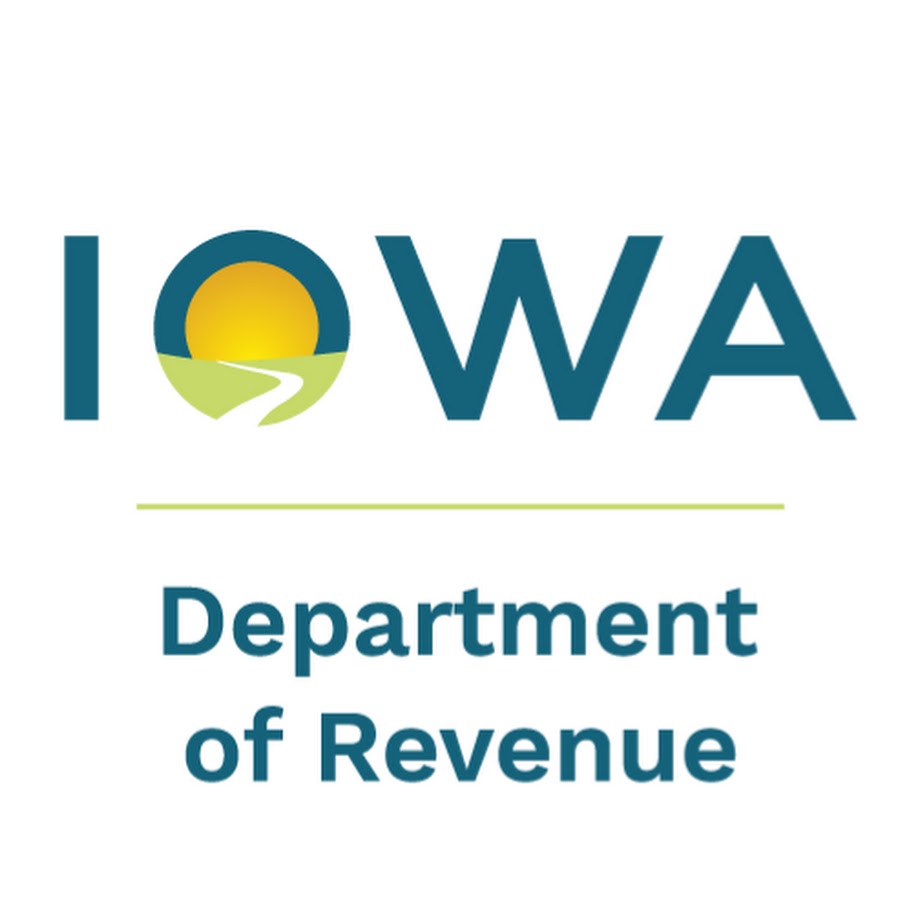NOTEBOOK: What’s new with foreign trade zones?

JOE GARDYASZ Mar 26, 2020 | 6:58 pm
3 min read time
742 wordsBusiness Record Insider, Economic Development, The Insider Notebook
Foreign trade zones — a longstanding economic development tool with a tepid take-up rate among Iowa companies — have gotten a little bit of a boost lately.
The Greater Des Moines Partnership, which administers the program for the region, recently filed applications for new subzones for two organizations in Iowa. In one, Winnebago Industries is adding to its subzones at two of its manufacturing locations, and in the other, Mills County Economic Development has a $6.2 million warehouse project under construction near Council Bluffs.
David Maahs, executive vice president for economic development with the Partnership, oversees the foreign trade zone program, which operates under the Iowa Foreign Trade Zone Corp. as the grantee. The zone itself is known Foreign Trade Zone 107, a subzone of which has long been used by Winnebago Industries. There’s also a general-purpose zone designated in a Clive warehouse, but it’s been sparsely used and is currently vacant. Elsewhere in the state, Deere & Co. has been the only other user of foreign trade zones.
Foreign trade zones are secure areas under U.S. Customs and Border Protection supervision that are generally considered outside of federal customs jurisdiction. Often located in or near U.S. Customs ports of entry, they are the United States’ version of what are known internationally as free-trade zones. While in the zone, merchandise is not subject to U.S. duty or excise tax. Certain tangible personal property is generally exempt from state and local ad valorem taxes. Goods may be exported from the zone free of duty and excise tax.
Winnebago has applied to add two more subzones to the foreign trade subzones that it already operates. The two new sites will be situated at two of its existing warehouses — one in Forest City and another in Charles City. A company spokesman said the new zones are “just aligning our foreign trade zones around our businesses a little bit better.”
The second application was made by Mills County, which in September broke ground for a new agricultural logistics industrial park near Interstate 29 at the Bunge Avenue interchange south of Council Bluffs. Warehouse Specialists LLC, an Appleton, Wis.-based company, will operate the first phase of the multiphase project, which includes a 137,000-square-foot warehouse. Its first tenant is Syngenta Crop Protection LLC.
Rick Allely, director of Mills County Economic Development Foundation, said that the $6.5 million warehouse is expected to be open by late summer, and that the 43-acre site has room for a number of additional warehouses. Syngenta will be shipping in crop production chemicals by rail from seaports on the West Coast to store, package and distribute at the foreign trade zone. The company will service a large portion of the Midwest from the distribution center, and is already planning a second phase of the project, Allely said.
“The [Greater Des Moines] Partnership has been a great partner in getting this done,” Allely said of the foreign trade zone process. “We look forward to attracting other companies that want to use the foreign trade zone.”
As I checked in with Maahs, I learned that a strategy launched several years ago to expand FTZs in Iowa has yet borne any fruit. Back in 2012, the Partnership received federal approval to offer a new framework for foreign trade zones known as the Alternative Site Framework, which enabled the Iowa Foreign Trade Zone to expand to encompass 29 counties in a 50-mile radius of Des Moines. That framework, which is still available, is designed to allow companies to respond quickly to foreign direct investment opportunities.
Over the past nine years, however, there have been no takers under the expanded zone, Maahs said. Both of the current applications filed — Winnebago Industries and Mills County — are under the traditional subzone arrangement, he said.
“We continue to talk to companies about foreign trade zones, and we have had interest, but nothing that I can share at this time,” Maahs said.
Much of the decision process depends on the supply chain a particular company has, and on weighing the cost-benefit equation in using a zone. While there are no state incentive programs for setting up zones, the Partnership in some cases may cover a portion of the legal costs in analyzing the business case for using a zone, Maahs said.
Want to find out more about foreign trade zones and if they’re right for your company? David Maahs at the Partnership would love to talk to you.








